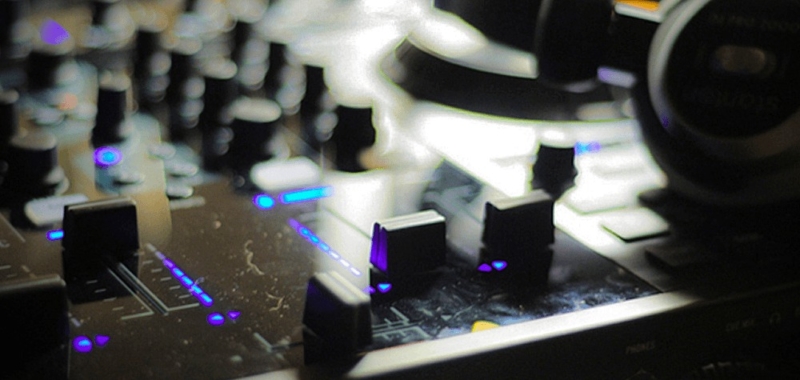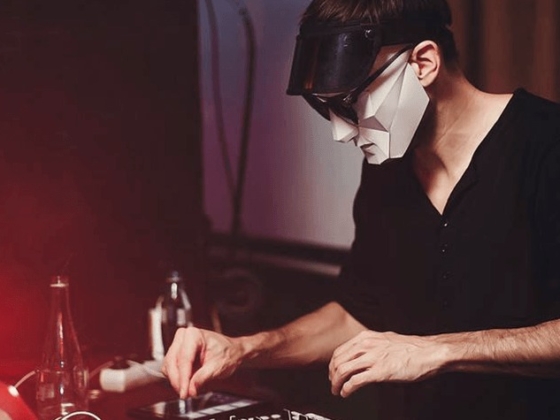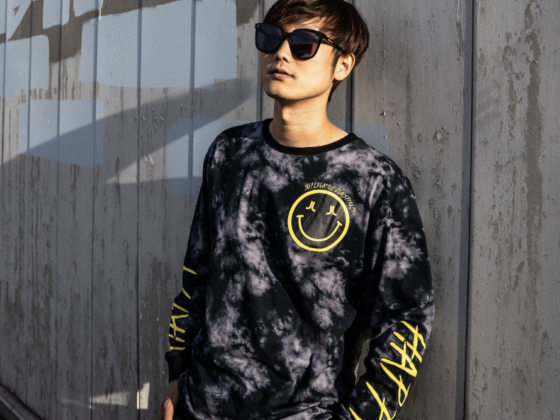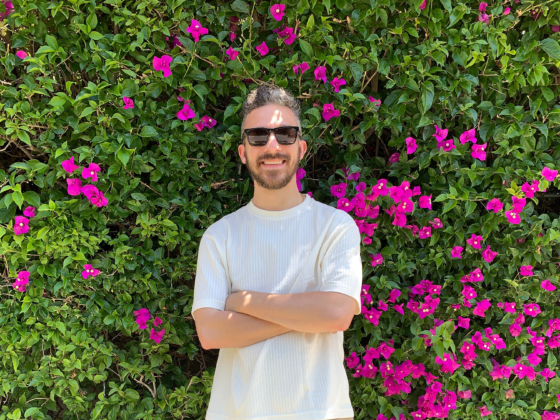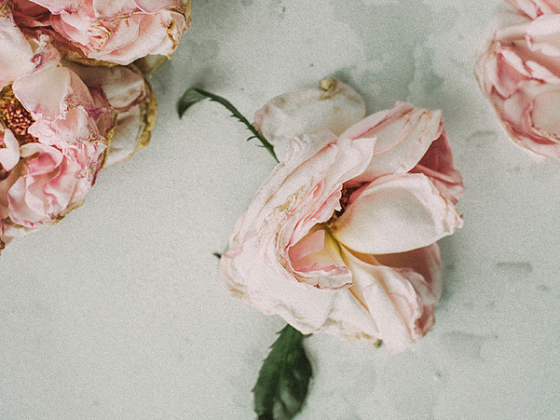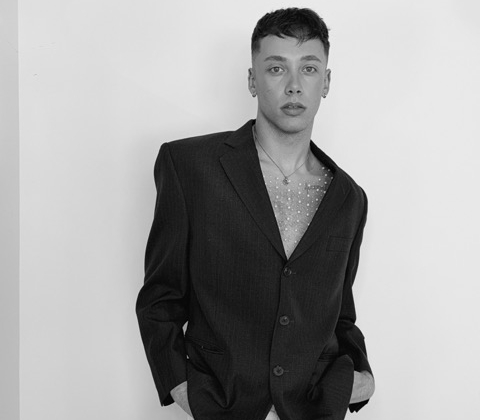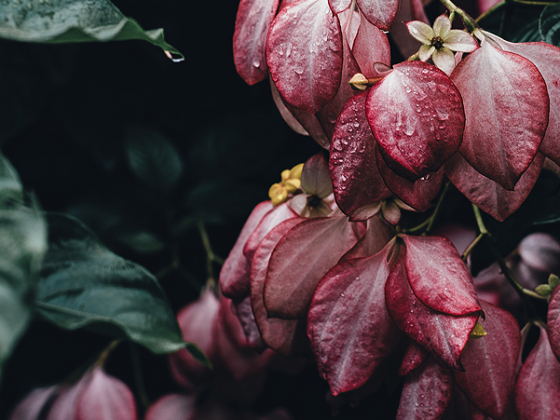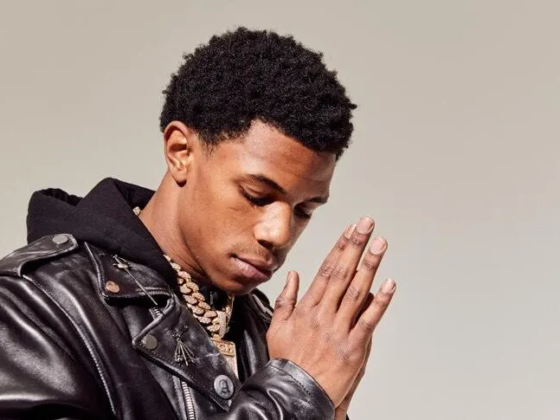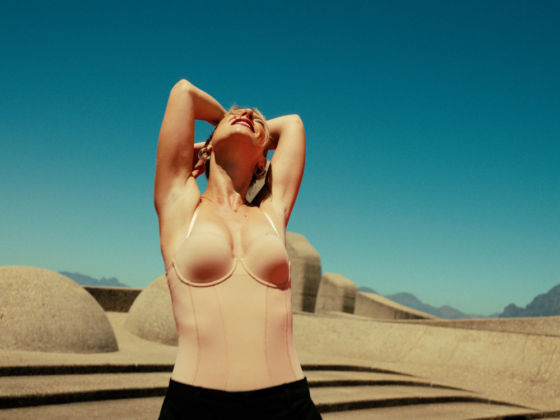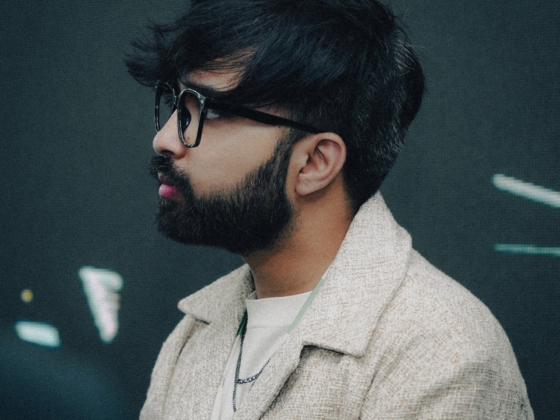Robert Toher is the creative mind behind Public Memory. His music could be called minimal experimentation on the first glance, but after closer observation you see the complexity in the soundscapes that he creates. His latest album Wuthering Drum is a beautiful representation of this complex minimalist, allowing the soundscapes to grow in their environment. It's a beautiful piece of art the grants the listener the ability to transcend themselves into the mind of the creator, exploring every crevice of the ethereal world he has constructed.
EARMILK got the chance to speak with Robert during his time at SXSW. In this interview he discusses his music, pulling from collective unconsciousness, and more. Press play and enjoy!
[soundcloud url="https://api.soundcloud.com/playlists/204811475" params="auto_play=false&hide_related=false&show_comments=true&show_user=true&show_reposts=false&visual=true" width="100%" height="450" iframe="true" /]
EM: What do you do and why do you do it?
PM: I’m a musician, sure. I think that music tells stories and it's catharsis and it conveys emotions. It’s an act of expression. It’s very visual for me so the music that I make… something more atmospheric and landscape oriented as well as emotional at the same time.
And why do I do it… I mean it’s probably one of the most pleasurable and wonderful I do it because I can and I’m grateful that I can do it. I feel like it gives me a way of making sense of my emotional experiences.
EM: Your music is very cinematic, spooky, and atmospheric. What is the story you’re trying to tell with you music?
PM: It’s a pretty spooky place where the album lives but my acts before this were more kind of spooky… like a nighttime kind of spooky. It has that kind of scary horror film kind of spookiness to it. Public Memory for me is like daytime scary.It’s scary like taking a walk in a suburb and you look over and see that there is an elder woman across the street looking at you from inside her house and you don’t know how long that she has been there. That is more of the public memory world for me. It’s existential and it’s very much about. So it is kind of a spooky place but it is spooky because of the real emotion behind it. Rather than the like, “Hey I’m goth and I’m going to talk about some scary stuff.” You know?
EM: Do you think that vibe that you create is related to the idea of the name Public Memory?
PM: Yes. The name is like… First of memories… Many of our memories are private and public memory is referring to this idea of collective unconsciousness. Another one is the idea of something that is so personal in a public sphere. I also just wanted a band with name memory in it. Memory is very emotional to most people and me.
EM: When you are writing do you play on personal memories or experiences or dreams?
PM: In a way it’s like free association. I feel like I allow myself to mentally enter a place that I can access things that are within that I am not necessarily steering completely. Then also there are inspirations and other things that are working in the background and turning in the back of your mind. I feel like when I’m in that state and when I’m in that place I’m not really thinking of this or a certain time or anything. It’s like this spiritual and emotional purging.
EM: So you just finished Wuthering Drum. So how are you enjoying your time off? How are you living?
PM: Actually I am working on something. I finished wuthering last march and its been sitting for this whole time. So now, I’m in New York again and I’m in the middle of moving. I’m basically writing the second LP now, I just need to find some time. So that’s what’s next. I actually have undergone a lot of changes in the past year. I feel emotionally inspired and also inspired by other things, instruments, and ideas. I’m really excited I just need to find the time and space to do it.
EM: You wrote Wuthering in LA. Are you writing your second LP there as well or in New York?
PM: I started the first steps of Wuthering drum in Brooklyn and I moved to LA for a year and finished it there. I just recorded it in my little bedroom in LA. It was in this little apartment in Echo Park, it was not romanticized in any way. People ask if the openness of LA affected the music, and it didn’t actually. It was cool because I was able to work at home at that time. It allowed me to devote a lot of time to music but I was recording it all in a very tiny room. I would set up a basically ad hoc studio in the house. I just recorded it there. When you go somewhere else it isn’t like specifically “oh the western vibe did this…”But being in a different place and a different atmosphere does affect the way you think and the way that you feel so obviously it changes the art that you make. So I think that was good. Now being back here… I mean I write as I record and I always write lyrics after music, it’s just the way that it works. I might have to write it in East New York or upstate. I want to have space when I do it. I don’t want to do it in a small bedroom again.
Connect with Public Memory: Soundcloud | Facebook | Instagram

